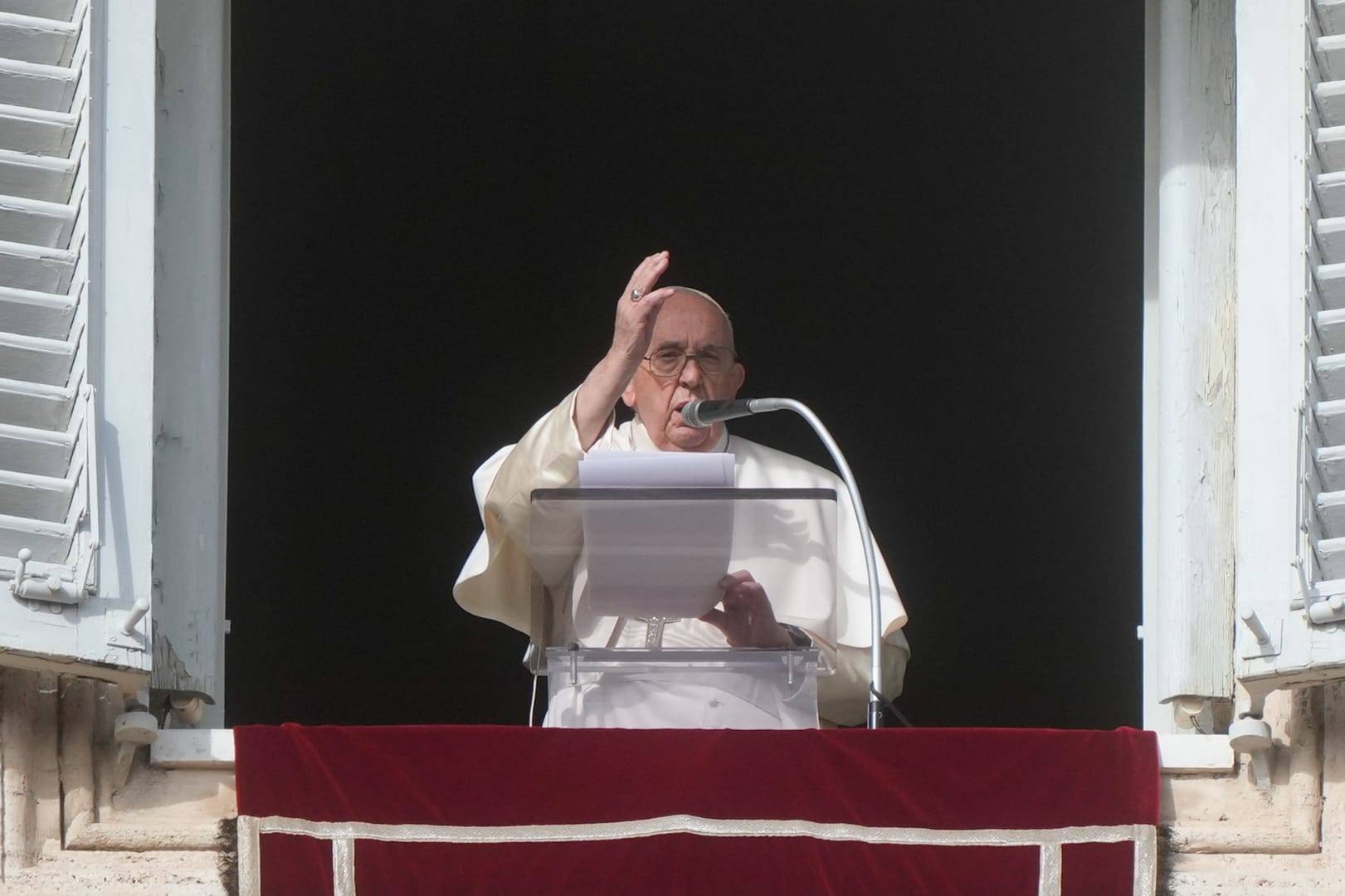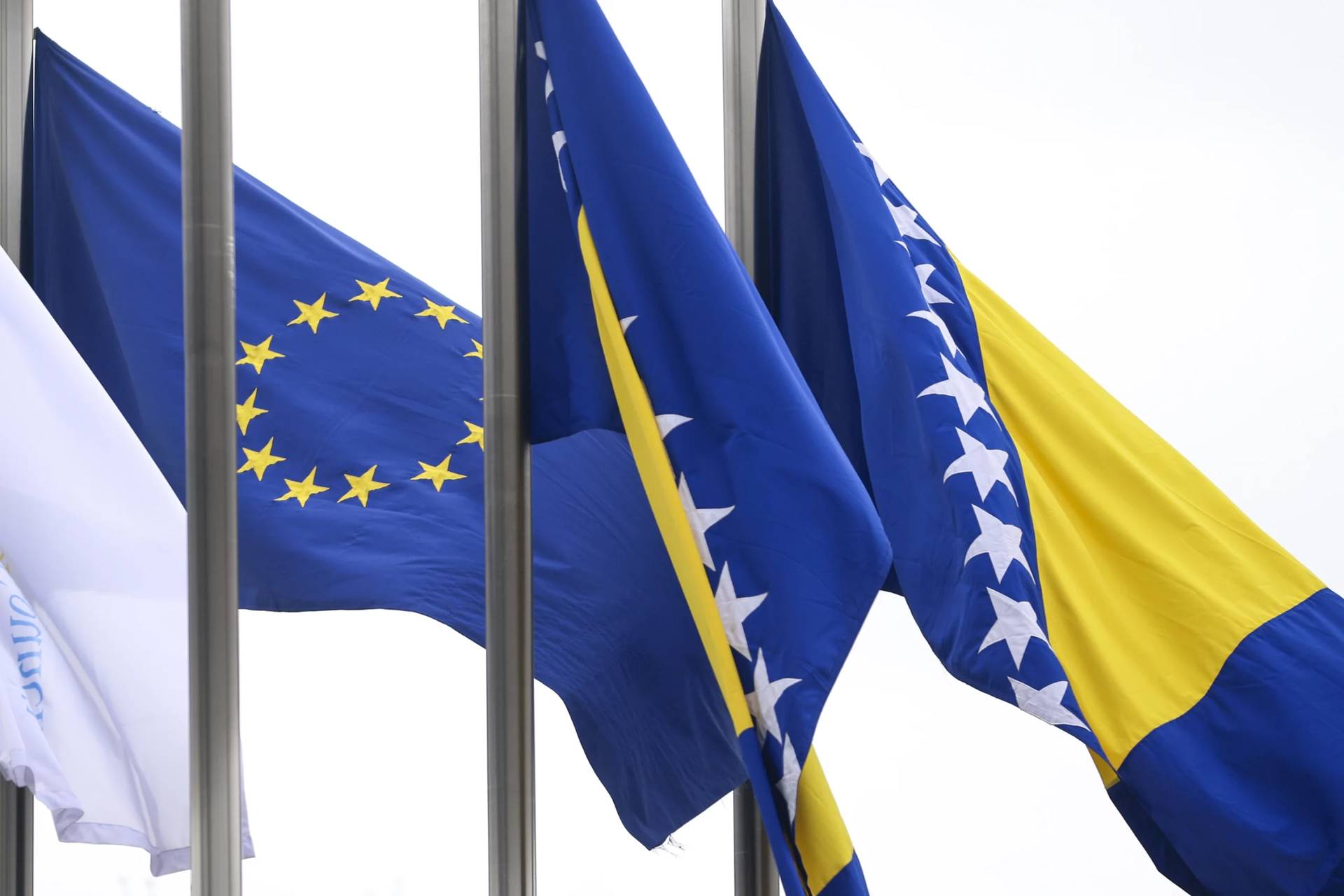MEXICO CITY — In Mexico City, a truck rattling the street or a car alarm suddenly sounding startle people.
Since the country suffered two major earthquakes in September, Mexicans not only deal with human and material losses, but also with plenty of anxiety.
“Psychologists say that we are only scratching the surface of people’s enormous stress,” said Enrique Reyes Esqueda, receptionist at a hospitality and service center run by Mexico’s branch of Caritas Internationalis, the Church’s charitable organization, in the city’s Tepepan neighborhood. Therapists and psychologists of Catholic-led organizations are attending people’s anguish as soon as they can to prevent post-traumatic stress disorder from further unsettling lives.
“Faith opens doors to psychological care,” Oscar Calvo Luna, a psychologist working at the center, told Catholic News Service. “People open up more in a faith-friendly environment and faith is a bridge between them and us, it complements the therapeutic work.”
Although social taboos about therapy are strong, the psychological services at the Caritas office have received 50 to 70 percent more people since the earthquakes occurred.
“Half of our new patients are volunteers who are suffering from burnout,” Calvo said. Volunteers have witnessed firsthand the wreckage and people who have lost their homes or family members. Others seeking assistance are people who have been overwhelmed and are emotionally paralyzed from the disaster.
One of Calvo’s colleagues, Nelly Luna, believes that speaking about faith in therapy is essential because spirituality is part of human development. People’s faith is either strengthened or weakened, she said, “and for those who deny their faith because of the earthquake, we accompany them in their first step of their grieving process. … Losing one’s faith is an additional source of stress.”
Ana Maria Saucedo, a psychologist at the medical center of the Basilica of Our Lady of Guadalupe in Mexico City, also sees an unbreakable link between faith and psychology. God understands people’s emotions because God became human, she said.
“We are human beings and as such we experience things we cannot avoid and the human side of God has lived the same things as us,” Saucedo explained. “He also felt alone. He also felt sadness and happiness when he received help, so when people talk to me about their feelings, like the one of feeling abandoned, I try to connect it with a situation that Jesus lived.”
Most survivors suffer from severe anxiety or guilt. “We ask ourselves a lot of ‘whys,'” Reyes said. “‘Why couldn’t I help? Why did I survive and others died? Why didn’t I lose my home but my neighbor did? Maybe it would have been better if it was me instead of those kids who lost their life.’ … People suffer from guilt and over-empathy for victims, preventing them from moving forward with their lives.
“Guilt, like resentment, is like squeezing a hot coal in your hand that you don’t want to let go of,” Reyes added. “Our spirit gets bruised by an internal mess of negative thoughts. We need to know that we are loved by God and by our neighbor.”
Saucedo suggested that survivors are learning to help and be helped by God and other people. Instead of seeing the natural disaster as a punishment from a distant God, many survivors explain how they felt embraced and empowered by God to attend others. Yet anxiety regarding Mexico’s rampant violence has also increased since the earthquakes.
“It’s because nothing feels safe anymore. People are afraid of leaving their homes, not only because of a possible earthquake but because of street violence,” Saucedo told CNS. “In the face of a natural disaster, people responded and felt that something could be done, but in the face of violence and corruption, people feel completely helpless.”
Saucedo said she tells her patients that the disaster provides an opening for them to change the world around them for the better and stop the cycle of violence.


















